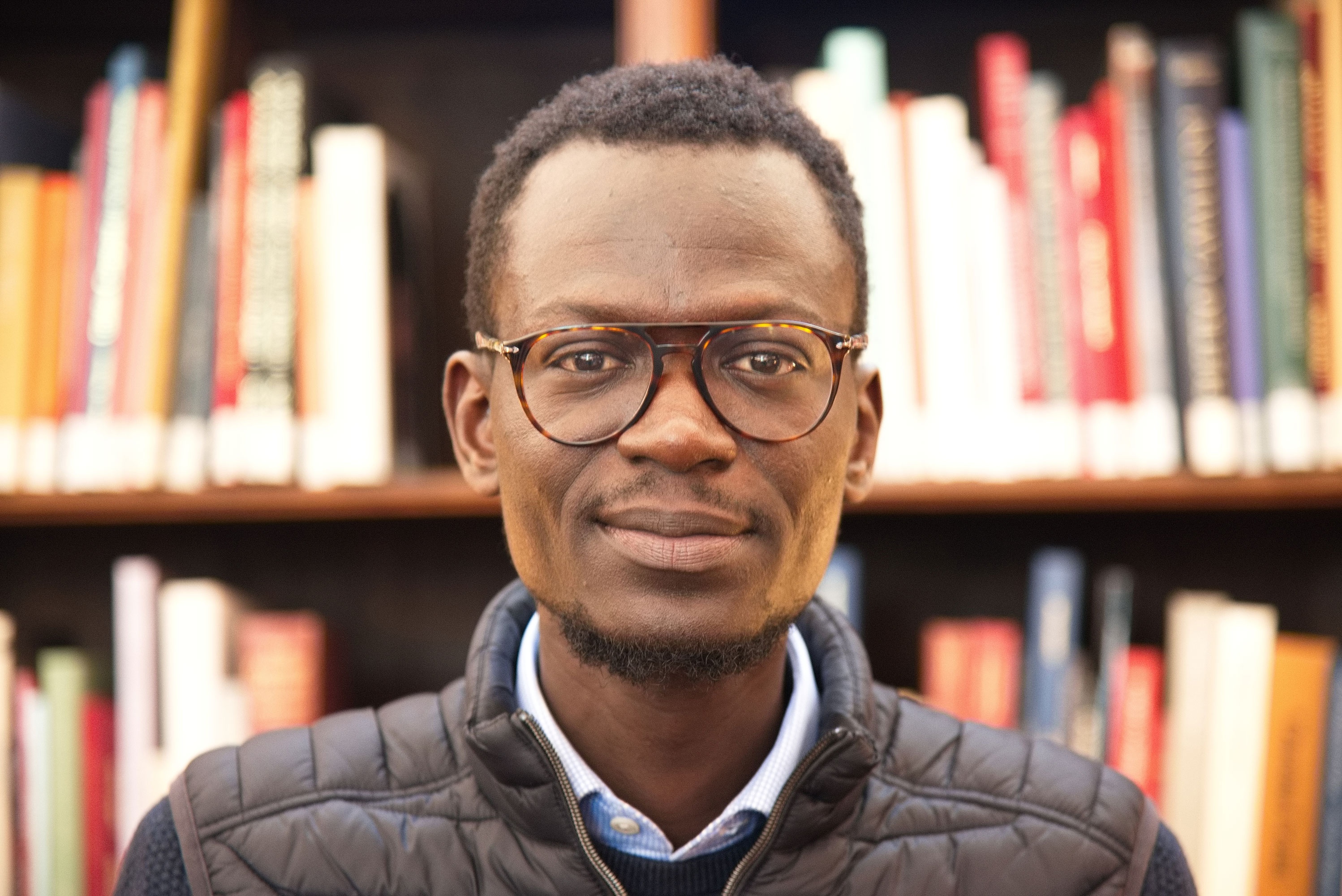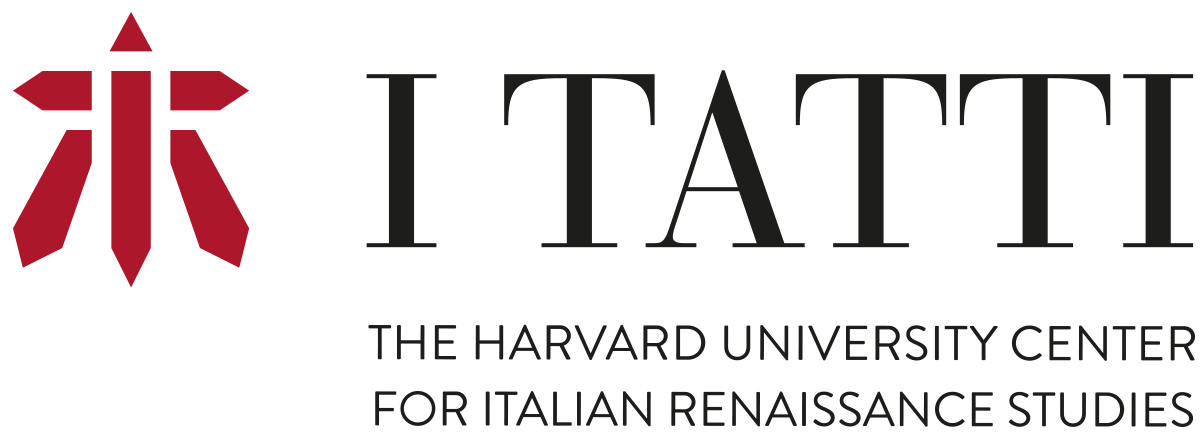Cheikh Sene
Studying the slave trade through its smallest elements: Trading goods, currencies, weights, measures and taxation in Senegambia 1446-1817
2022-2023 (February-June)

Biography
Cheikh Sene holds a PhD in history from the University of Paris 1 Panthéon Sorbonne. He was a "Young Doctor" affiliated with the Institut des Mondes Africains (IMAF) Aubervilliers (France) (2020-2022). He works on the relationship between African and European societies in modern and contemporary era: the beginnings of modern Africa; empire, imperialism, and colonialism in Africa; and slave trade, slavery, and dependence. His dissertation on "Economy of trade and taxation: the question of customs in Senegambia, from the slave era to the colonial conquest, 17th-19th century", defended in 2020, was awarded the Special Mention of the Jury of the "Fondation pour la Mémoire de l'esclavage” dissertation prize.
Project Summary
Long before the arrival of the Europeans on the Senegambian coast, commercial operations were carried out by barter. Senegambia was well integrated into the trans-Saharan trade with Berber merchants in North Africa. Some local products such as gold and slaves were traded for salt, cloth and horses. This practice had not completely disappeared with the advent of the Atlantic trade, which introduced new consumer products of European origin that were unknown to the people of the Senegambia. Among these products, firearms, European iron bar, trade beads made in Venice and Indian fabrics called « pièce de guinée » were the most appreciated by the merchants of the Senegambia. In most of the states of Senegambia, European products were used as fictitious currency. Local populations were unable to define the weight of an object of trade according to European standards; but they had their own local unit of measurement. Trading goods as currency were included in the so-called "coutumes" taxes that were paid to African sovereigns and various local dignitaries. This research project intends to study the political and economic methods and theorems put in place by the Senegambian states to regulate trade. It will provide a better understanding of the foundations of the local Senegambian economy, which are imposed on the economic theorems of the European powers.
